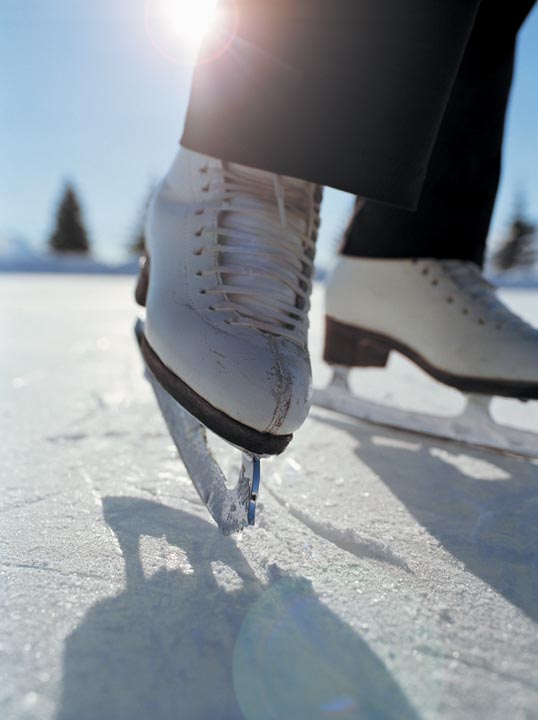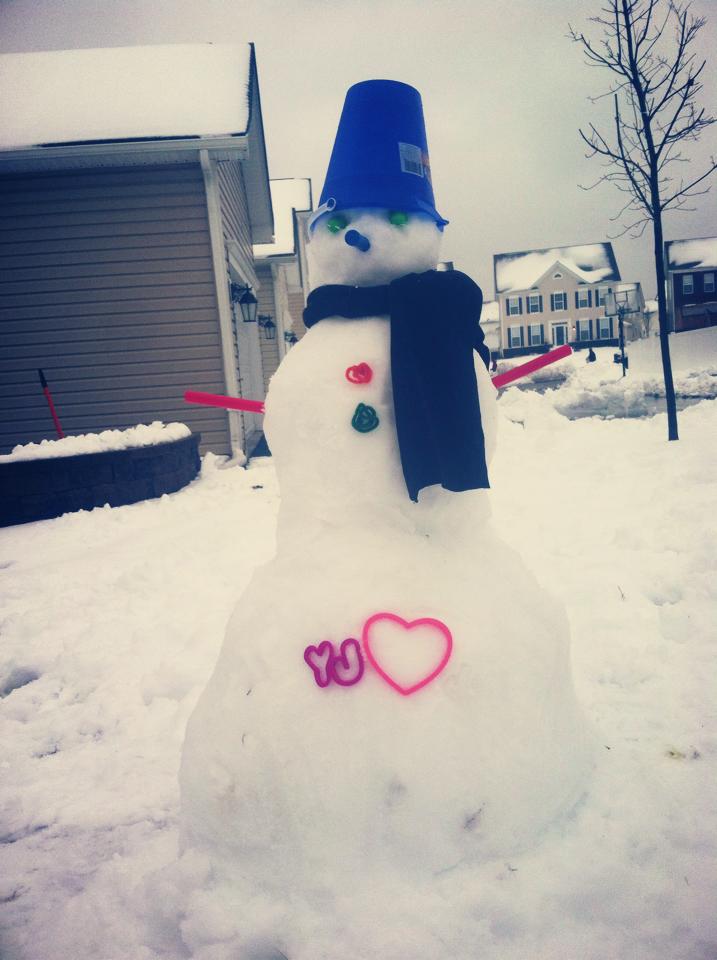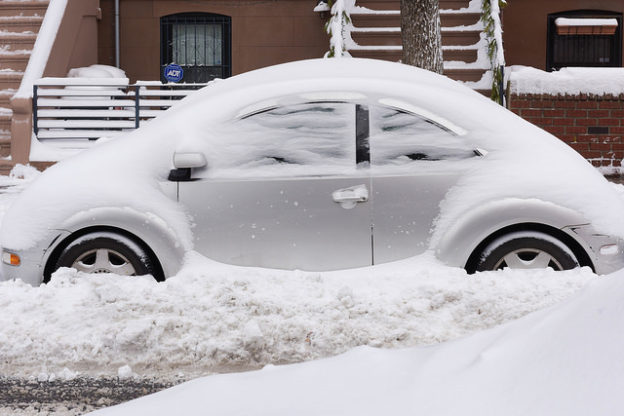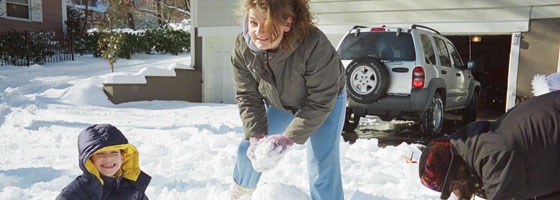 Trying out winter sports like ice skating, skiing, and snowboarding can be very exciting, especially if this is your first time experiencing winter weather. However, you should also know the risks and be prepared.
Trying out winter sports like ice skating, skiing, and snowboarding can be very exciting, especially if this is your first time experiencing winter weather. However, you should also know the risks and be prepared.
Is it risky to do winter sports without sports insurance?
Yes. If you have to pay your own hospital bills for a broken bone, you might be shocked at how much that would cost. I checked this website for some cost estimates.
Here are a couple examples:
- Without medical coverage, treating a broken arm or leg (that does not require surgery) could cost up to $2,500.
- Without medical coverage, treating a broken arm or leg (requiring surgery) could cost $16,000 or more.
You must understand how your medical coverage works for sports-related injuries. There is a list of “high-risk sports/activities” that are not covered by basic or upgrade medical insurance plans. Those activities are only covered by the Sports Insurance Package. (Snowtubing is the only snow sport that you already have coverage for without the sports insurance package.)
The Sports Insurance was available pre-departure and may also be purchased at any time during your year. It takes effect within 48 hours of your enrollment and is good for 12 months. The cost will be the same ($110 as of this posting) whether you have a month left or your whole year ahead of you. I recommend you pay for it early on if you haven’t already purchased it. You never know when an opportunity might present itself and you don’t want to miss out on an adventure. You also don’t want to risk getting injured and being responsible for the bill on your own.
Below is a partial list of sports that are only covered by the sports insurance package:
Football, Rugby, Scuba diving, Ski-doo, Wakeboarding, Skydiving, Parachuting, Rock climbing, Zipline, Skateboarding, Rollerblading, Roller skating, Ice Skating, Skiing, Snowboarding, Snowmobiles and Snowshoeing. View the full list on your insurance brochure.
Note: Injuries sustained while partaking in these sports are ONLY covered with the purchase of Sports Insurance.
How to register for the Sports Insurance
To enroll in sports insurance, use the link found in the email sent to you with the subject “Au Pair in America Sports Insurance Upgrade Option”. Ask your community counselor if you are having trouble finding the email with the sports insurance enrollment link.
If you think you will be doing any of these sports, you should get it now.


 The best advice for driving in bad winter weather is not to drive at all, if you can avoid it. Don’t go out until the snow plows and sanding trucks have had a chance to do their work, and allow yourself extra time to reach your destination.
The best advice for driving in bad winter weather is not to drive at all, if you can avoid it. Don’t go out until the snow plows and sanding trucks have had a chance to do their work, and allow yourself extra time to reach your destination. Trying out winter sports like ice skating, skiing, and snowboarding can be very exciting, especially if this is your first time experiencing winter weather. However, you should also know the risks and be prepared.
Trying out winter sports like ice skating, skiing, and snowboarding can be very exciting, especially if this is your first time experiencing winter weather. However, you should also know the risks and be prepared.





